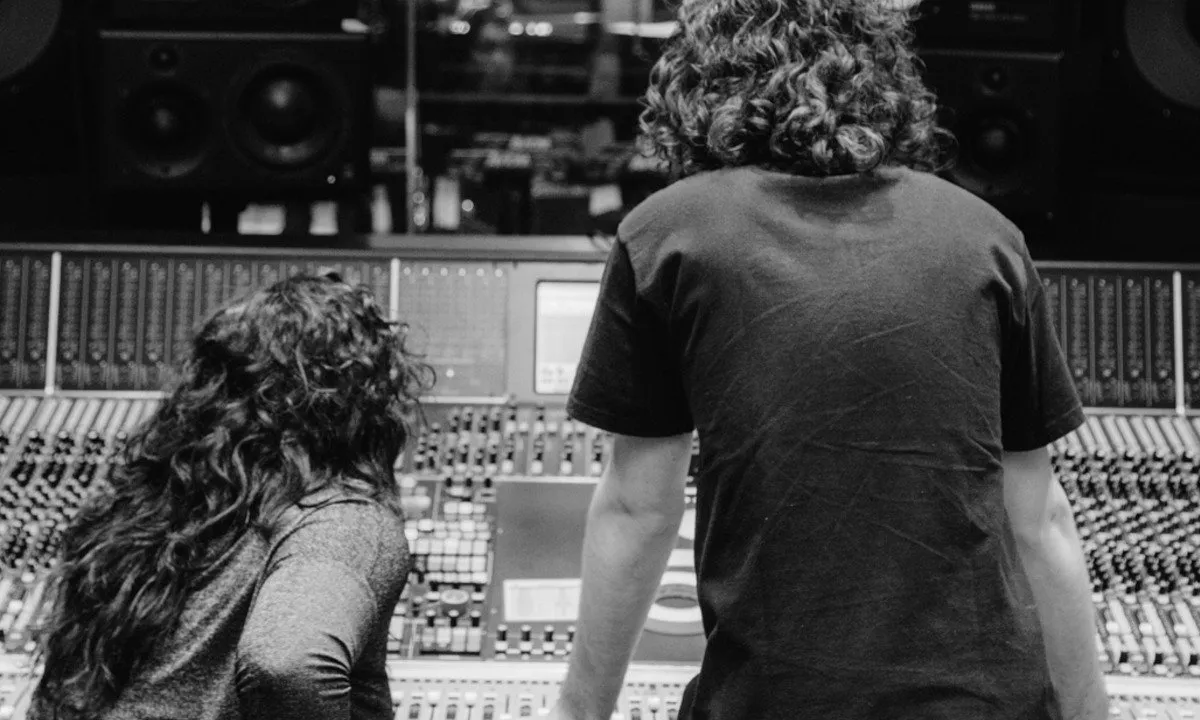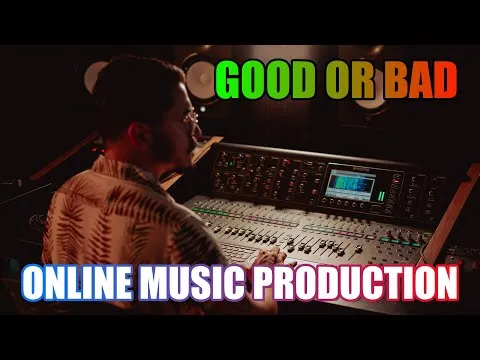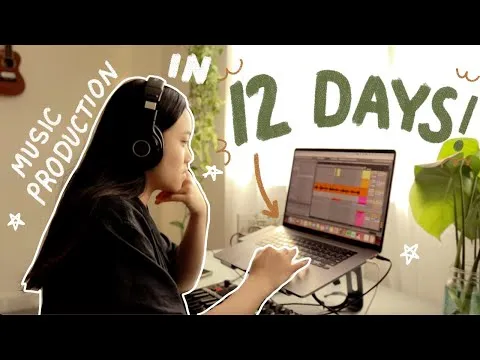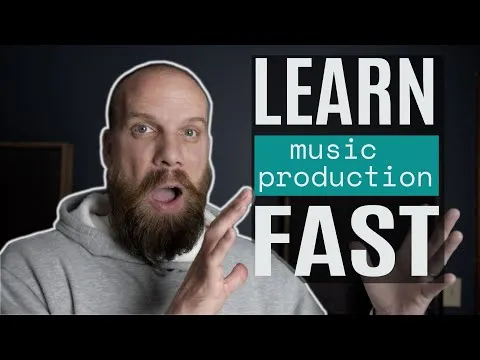
Music Production Capstone 
In this capstone experience, learners will have the opportunity to use their talent and knowledge to create and submit a fully produced song. Through milestones and peer review, they will develop, record, edit, mix, and post their finished product, receiving feedback along the way to refine their song. ▼
ADVERTISEMENT
Course Feature
![]() Cost:
Cost:
Free
![]() Provider:
Provider:
Coursera
![]() Certificate:
Certificate:
Paid Certification
![]() Language:
Language:
English
![]() Start Date:
Start Date:
11th Sep, 2023
Course Overview
❗The content presented here is sourced directly from Coursera platform. For comprehensive course details, including enrollment information, simply click on the 'Go to class' link on our website.
Updated in [March 06th, 2023]
The Music Production Capstone is an opportunity for students to use their talent and accumulated knowledge to create and submit a finished, fully produced song. Through a series of milestones, students will work on their own or with other musicians to develop a song and vision for the finished product. They will then plan and execute its production, including recording, editing, mixing, and posting the finished product. Throughout the course, students will receive feedback from the peer review process, allowing them to tweak and refine their finished song. Upon successful completion of the course, students will have a completed song that they can share with the world.
[Applications]
Upon completion of the Music Production Capstone, students will have the skills and knowledge to create and produce their own music. They will be able to use the techniques and tools learned in the course to record, edit, mix, and post their own songs. Additionally, they will have the ability to collaborate with other musicians to create a finished product. Finally, they will have the confidence to share their work with the world.
[Career Paths]
1. Music Producer: Music producers are responsible for overseeing the entire production process of a song, from pre-production to post-production. They are responsible for selecting the right musicians, recording and editing the audio, mixing and mastering the track, and ensuring the final product meets the artist’s vision. Music producers are also responsible for staying up to date on the latest trends in music production and technology.
2. Audio Engineer: Audio engineers are responsible for recording, editing, and mixing audio for a variety of projects, including music, film, television, and video games. They use a variety of tools and techniques to capture and manipulate sound, including microphones, mixing boards, and digital audio workstations. Audio engineers must stay up to date on the latest trends in audio technology and production techniques.
3. Music Composer: Music composers are responsible for creating original music for a variety of projects, including film, television, video games, and commercials. They must have a strong understanding of music theory and composition techniques, as well as the ability to create music that fits the project’s needs. Music composers must also stay up to date on the latest trends in music composition and technology.
4. Music Supervisor: Music supervisors are responsible for selecting and licensing music for a variety of projects, including film, television, video games, and commercials. They must have a strong understanding of music licensing and copyright law, as well as the ability to find the right music for the project. Music supervisors must also stay up to date on the latest trends in music licensing and technology.
[Education Paths]
1. Bachelor of Music Production: A Bachelor of Music Production degree is designed to provide students with the skills and knowledge necessary to become successful music producers. This degree program typically includes courses in music theory, composition, recording techniques, sound engineering, and music production software. Students will also learn about the business side of the music industry, such as marketing, copyright law, and music publishing. This degree is becoming increasingly popular as the music industry continues to evolve and grow.
2. Master of Music Production: A Master of Music Production degree is designed to provide students with advanced knowledge and skills in music production. This degree program typically includes courses in music theory, composition, recording techniques, sound engineering, and music production software. Students will also learn about the business side of the music industry, such as marketing, copyright law, and music publishing. This degree is becoming increasingly popular as the music industry continues to evolve and grow.
3. Audio Engineering Degree: An Audio Engineering degree is designed to provide students with the skills and knowledge necessary to become successful audio engineers. This degree program typically includes courses in music theory, composition, recording techniques, sound engineering, and audio production software. Students will also learn about the business side of the music industry, such as marketing, copyright law, and music publishing. This degree is becoming increasingly popular as the music industry continues to evolve and grow.
4. Music Business Degree: A Music Business degree is designed to provide students with the skills and knowledge necessary to become successful music business professionals. This degree program typically includes courses in music theory, composition, recording techniques, sound engineering, and music business software. Students will also learn about the business side of the music industry, such as marketing, copyright law, and music publishing. This degree is becoming increasingly popular as the music industry continues to evolve and grow.
Pros & Cons

Skills and experience tested

Class ideas and help of classmates

Knowledge, skills and tools provided

Perfect final course for specialization

Protools requirement

Needs more emphasis on mastering

Summary of other lessons

Not much new information
Course Provider

Provider Coursera's Stats at AZClass
In this capstone experience, learners will have the opportunity to use their talents and knowledge to compose and submit a fully produced song. Through milestones and peer reviews, they will develop, record, edit, mix and release their finished product, receiving feedback along the way to refine their songs. Learners can use the finale experience to express their creativity and create a full song. They can work on their own or with other musicians to develop the song and vision for the final product. This allows them to explore their own creativity and develop their own unique sound.
Discussion and Reviews
0.0 (Based on 0 reviews)
Explore Similar Online Courses

International Culture and Tourism Management: Cultural Heritage and Tourism Management

Learn Construct 2 From Scratch and build games

Python for Informatics: Exploring Information

Social Network Analysis

Introduction to Systematic Review and Meta-Analysis

The Analytics Edge

DCO042 - Python For Informatics

Causal Diagrams: Draw Your Assumptions Before Your Conclusions

Whole genome sequencing of bacterial genomes - tools and applications

online music production course good or bad

I Learn How to Produce Music in 12 DAYS!


Start your review of Music Production Capstone